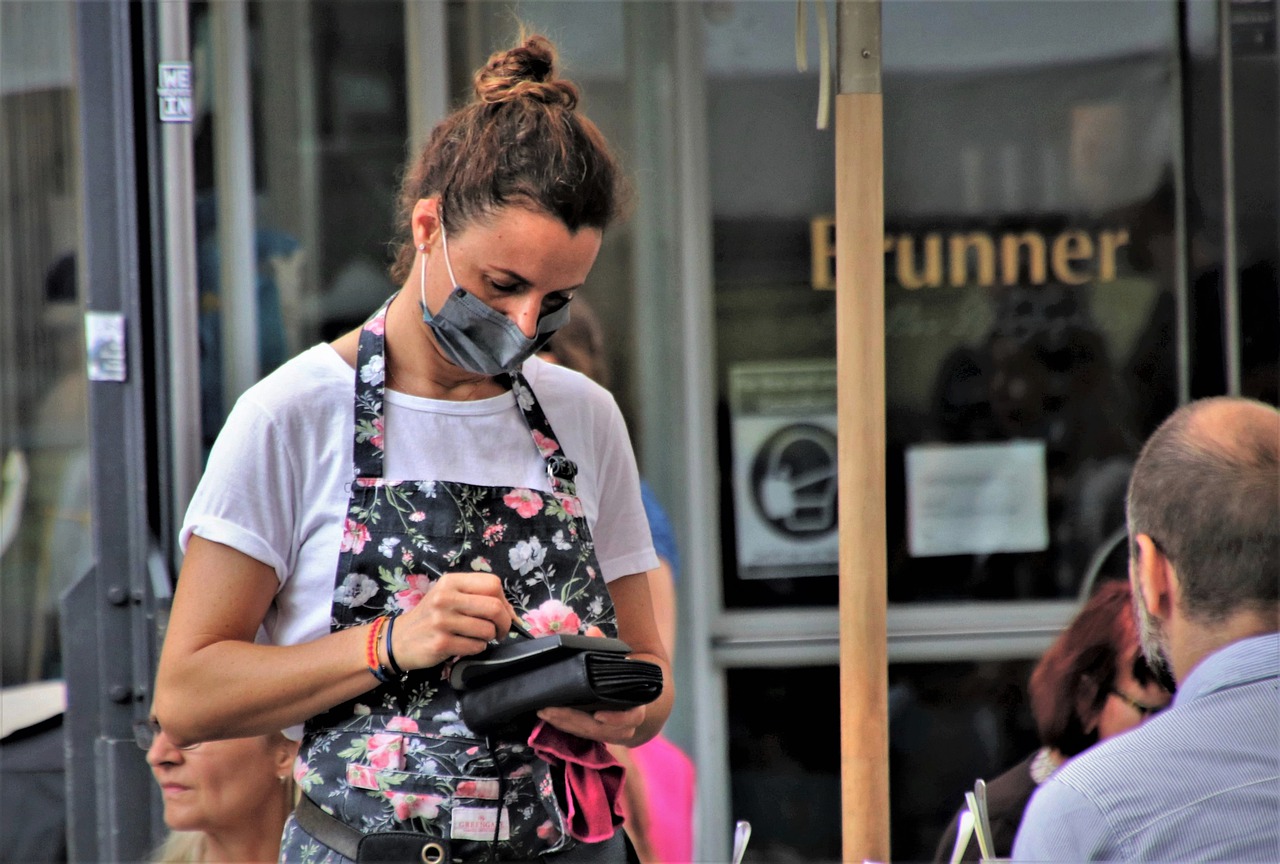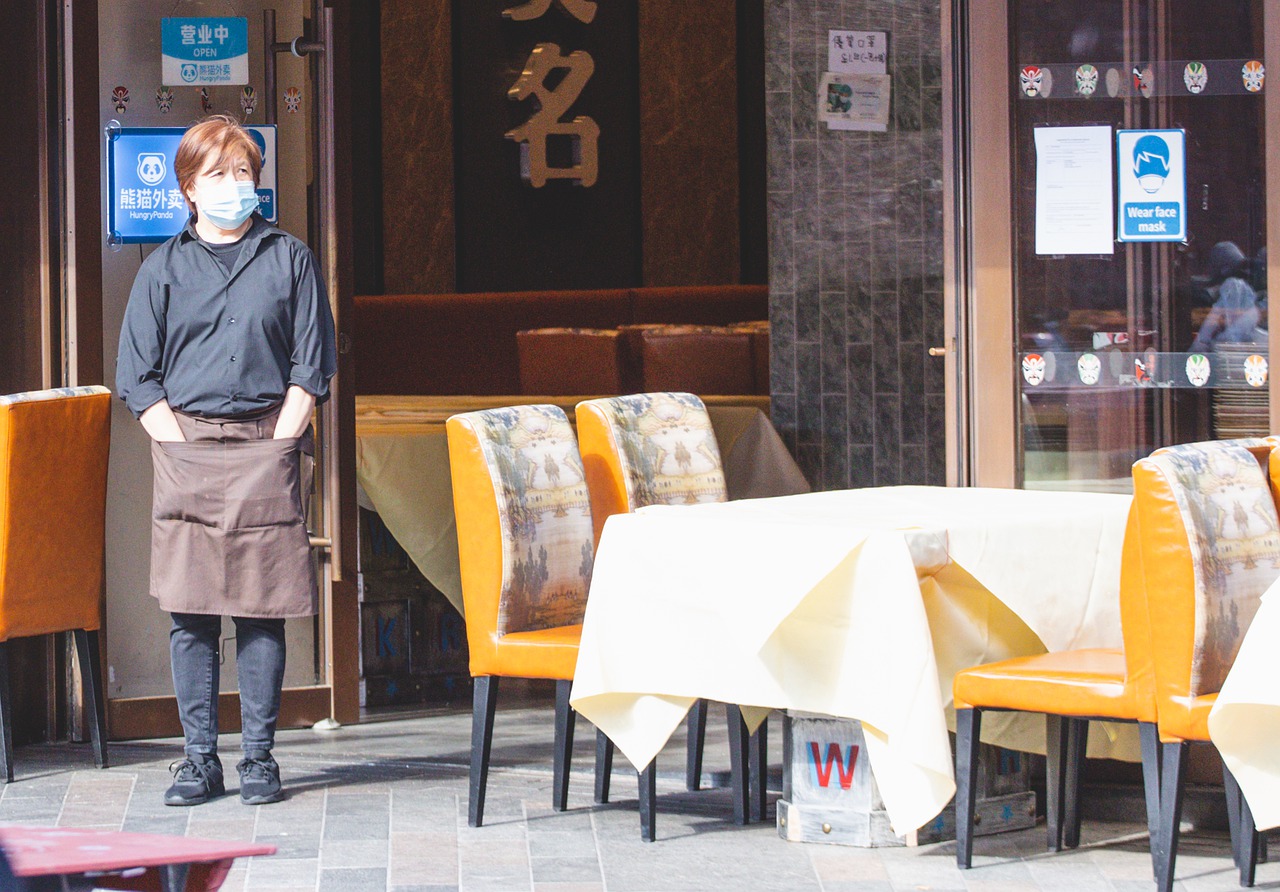
There is a chronic shortage of catering and hospitality staff within the UK since the reopening of the industry. The shortage has been caused by a perfect storm of Brexit (the UK leaving the European Union) and Covid. When the hospitality was first forced to close many of the staff were foreign workers mainly from Europe who had enjoyed border-free migration and freedom to work for many years. They simply went home to be with family in their country of origin. During the closure, December 31st, the UK separated from Europe and all those workers were no longer allowed free movement and to work within the UK.
The other issue is the hospitality workers who were laid off have been and found alternative employment and have realised that they don’t like the working conditions within catering. Long hours, working whilst everyone is enjoying themselves and, more recently, having to wear a face mask for the entirety of their shift. The crisis is so bad that some restaurants are now closing for certain sessions to give their staff a break. There is plenty of anecdotal evidence of signs being put up in restaurants and pubs apologising if there is a delay in service but the establishment is chronically understaffed. So what can be done?

Firstly, as we all know, the pay and conditions within the hospitality industry is not the greatest. For many years we have been staffed by part-timers, often youngsters, looking for a bit of extra money but the current crisis extends to management and senior chefs. Will the industry reform and pay more than minimum wage, guarantee days off and maximum working hours? Gradually some employers are trying to achieve this.
One company has increased pay to chefs by à third to £12 per hour, which might be a reasonable amount for a microwave technicien but not for a chef! In an industry that relies on teamwork and a decent level of skill in some departments it is time to start recognising what staff have to put up with but the issue comes full circle because to pay staff more means charging customers more. One restaurant group, Hawksmoor, is offering its existing staff upto £2000 in bonuses if they introduce friends who are then hired by the company.

Surely the crisis in recruitment is not only due to pay. What about how the industry is perceived by the public. During the pandemic closure the general public seemed very sympathetic to the plight of caterers and since the reopening have been keen to support their local eatery and help the industry get back on its feet. Demand has been high in the first weeks of opening, which we all hope will last, but there needs to be a level of respect given that at present still appears to be lacking. There is a lot of skill in the industry whether it be technical in the kitchen or the ability to handle people efficiently and politely.
In the long run there needs to be an overhaul of the industry. Catering colleges need to instill a sense of professionalism in their young students who are then proud to work in our industry. There should be no such thing as being “only” a waitress or “just” a chef. And, finally, there needs to be a change in attitude from our customers. All too often customers are abusive and rude to young staff who are just trying to do their job. Unfortunately alcohol does not improve customers’ attitudes. One thing I have noticed while living in France is that catering is considered a profession and, certainly chefs, are given a good deal of respect.